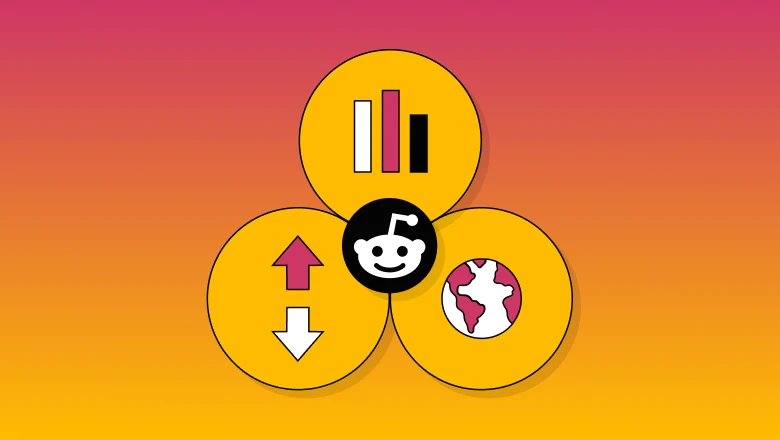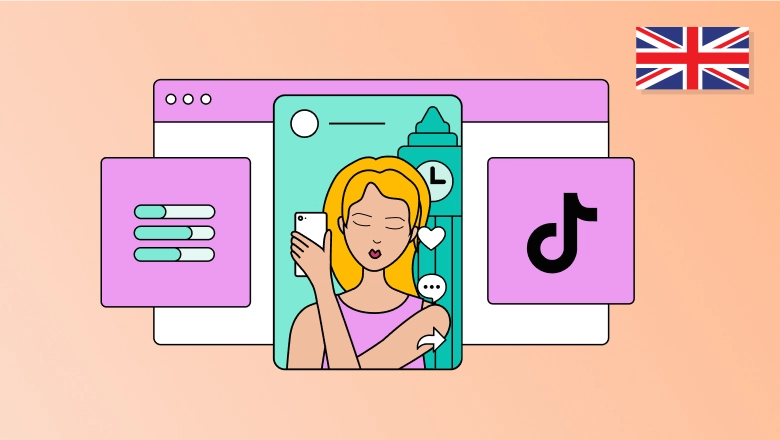HELLO, CRUEL WORLD
This book approaches suicide prevention from a perspective that’s rooted in the author’s experiences with suicidal ideation. Her personal struggles as a “diesel femme nonbinary transsexual” came from being bullied and excluded from an early age. This intimate connection with the subject enables Bornstein, who was born into a Jewish family in 1948, to write in a caring and nonjudgmental way that will resonate well with its target audience. The book offers over 100 alternatives to suicide—including 20 that are new to this edition—gently urging readers to “choose life over death.” They include calling a suicide hotline, paying attention to breathing, seeking inspiration from characters who surmount obstacles, staying hydrated, and rescuing stray animals. This new edition came about in response to societal and legislative hostility toward trans people as well as divisions and judgment within the LGBTQ+ community. The writing style is conversational and comforting, but some suggestions are controversial, such as using drugs and cutting oneself, both given with caveats and warnings (regarding drugs: “There’s no guarantee you’ll be able to stop. Ever,” and if “you’re cutting yourself out of anger or disgust, or you feel that it’s getting out of control, see a doctor”).


This book approaches suicide prevention from a perspective that’s rooted in the author’s experiences with suicidal ideation. Her personal struggles as a “diesel femme nonbinary transsexual” came from being bullied and excluded from an early age. This intimate connection with the subject enables Bornstein, who was born into a Jewish family in 1948, to write in a caring and nonjudgmental way that will resonate well with its target audience. The book offers over 100 alternatives to suicide—including 20 that are new to this edition—gently urging readers to “choose life over death.” They include calling a suicide hotline, paying attention to breathing, seeking inspiration from characters who surmount obstacles, staying hydrated, and rescuing stray animals. This new edition came about in response to societal and legislative hostility toward trans people as well as divisions and judgment within the LGBTQ+ community. The writing style is conversational and comforting, but some suggestions are controversial, such as using drugs and cutting oneself, both given with caveats and warnings (regarding drugs: “There’s no guarantee you’ll be able to stop. Ever,” and if “you’re cutting yourself out of anger or disgust, or you feel that it’s getting out of control, see a doctor”).











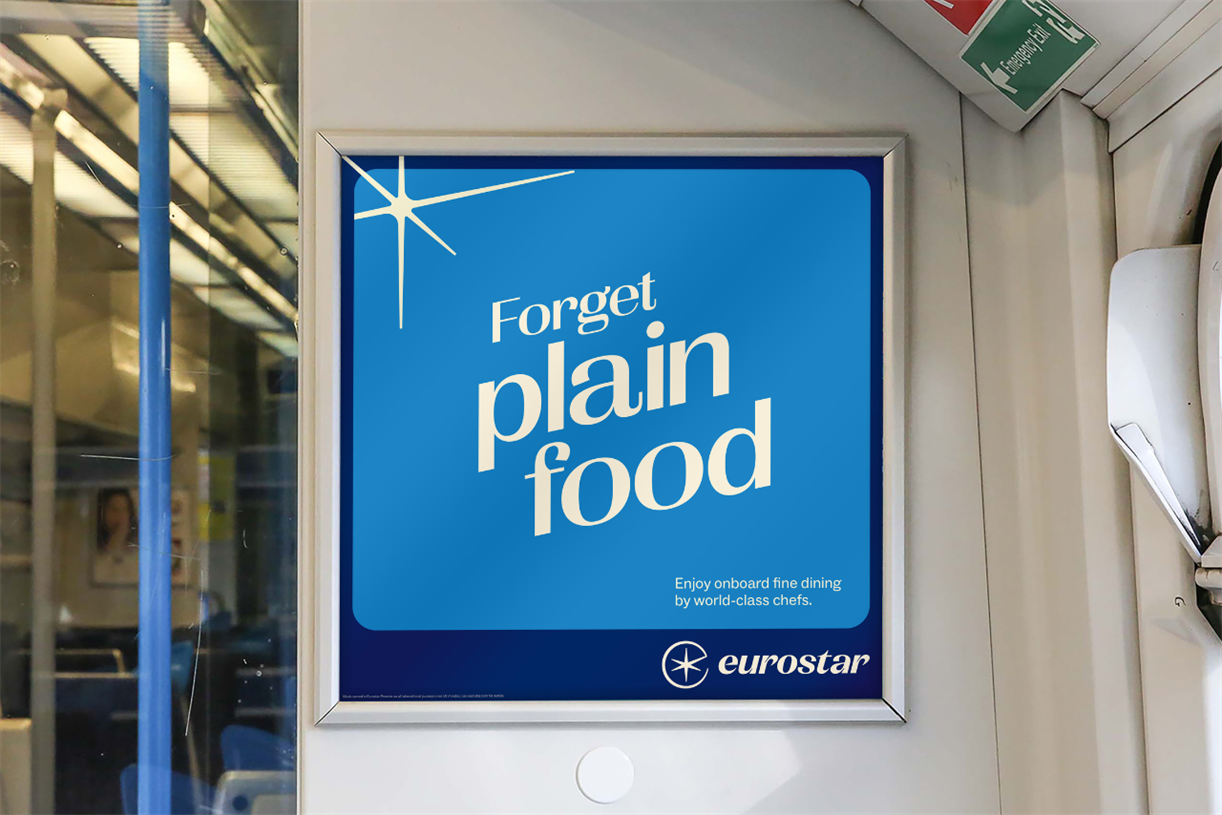
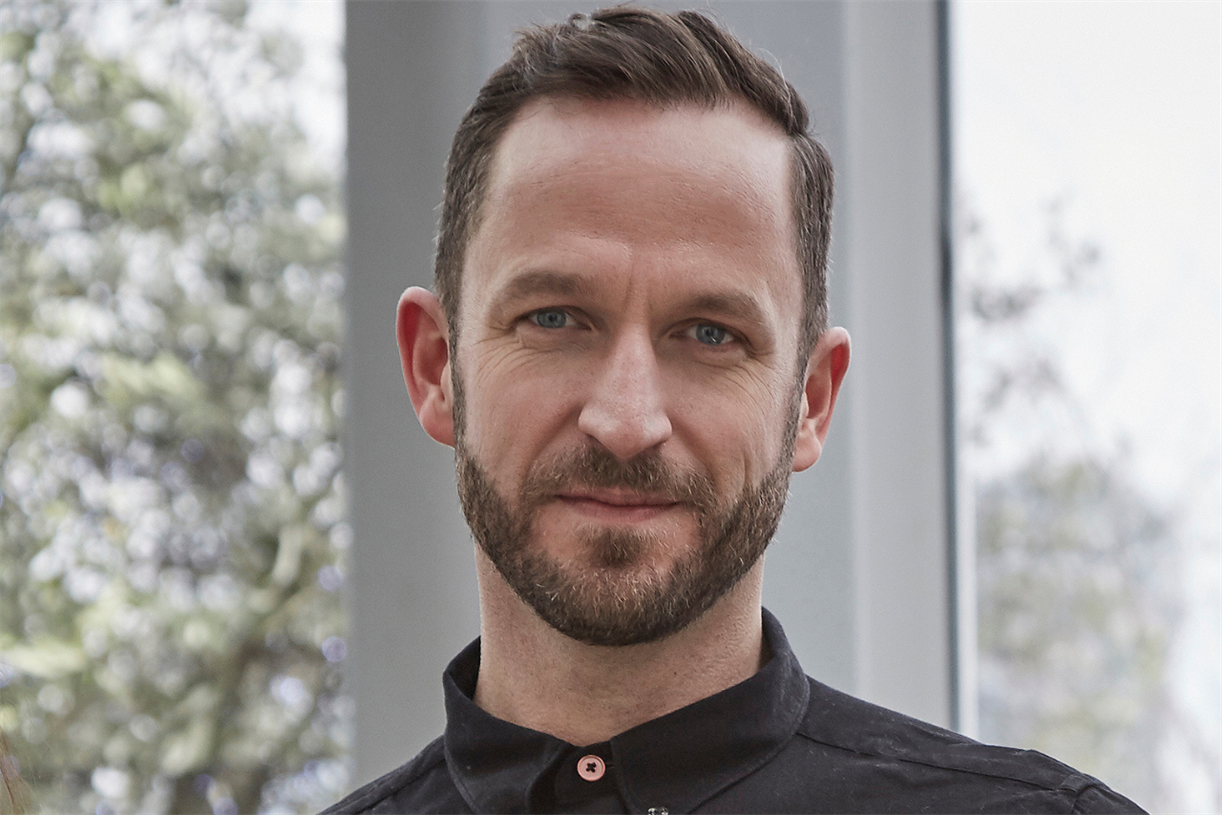
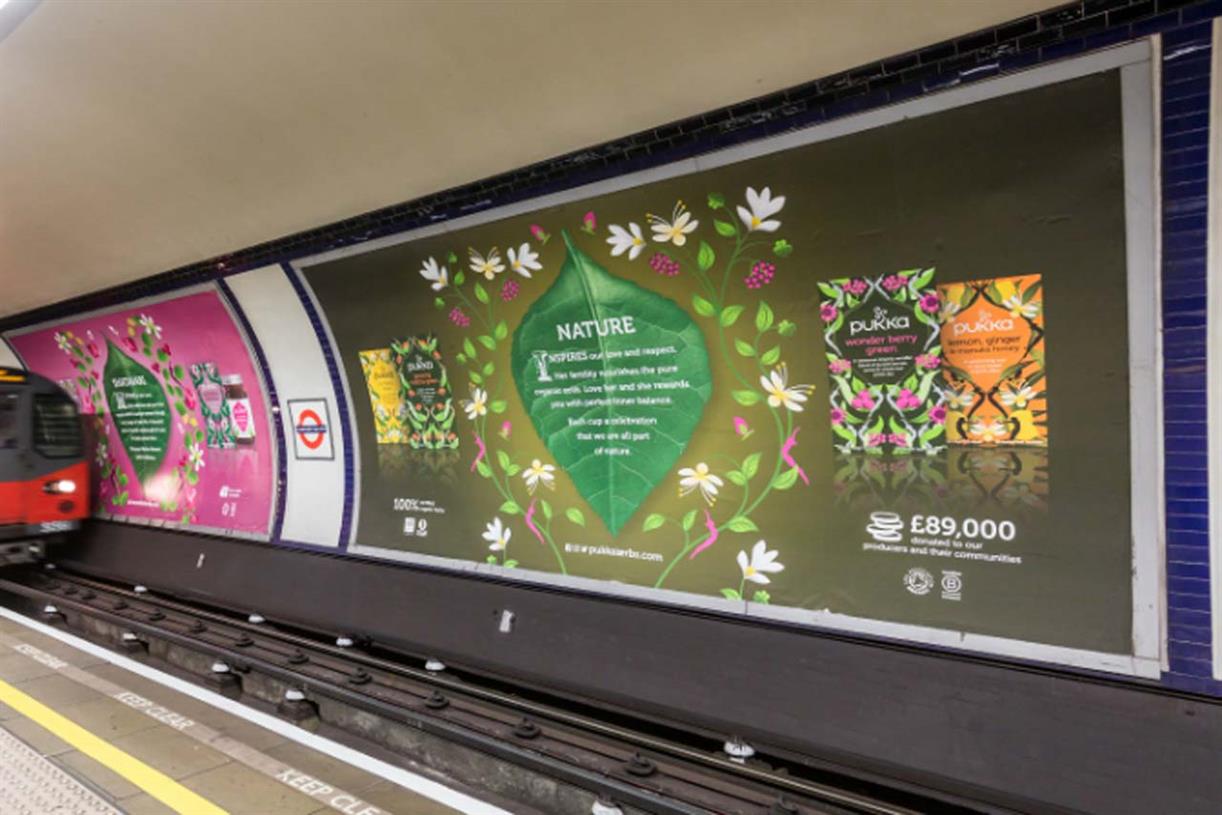
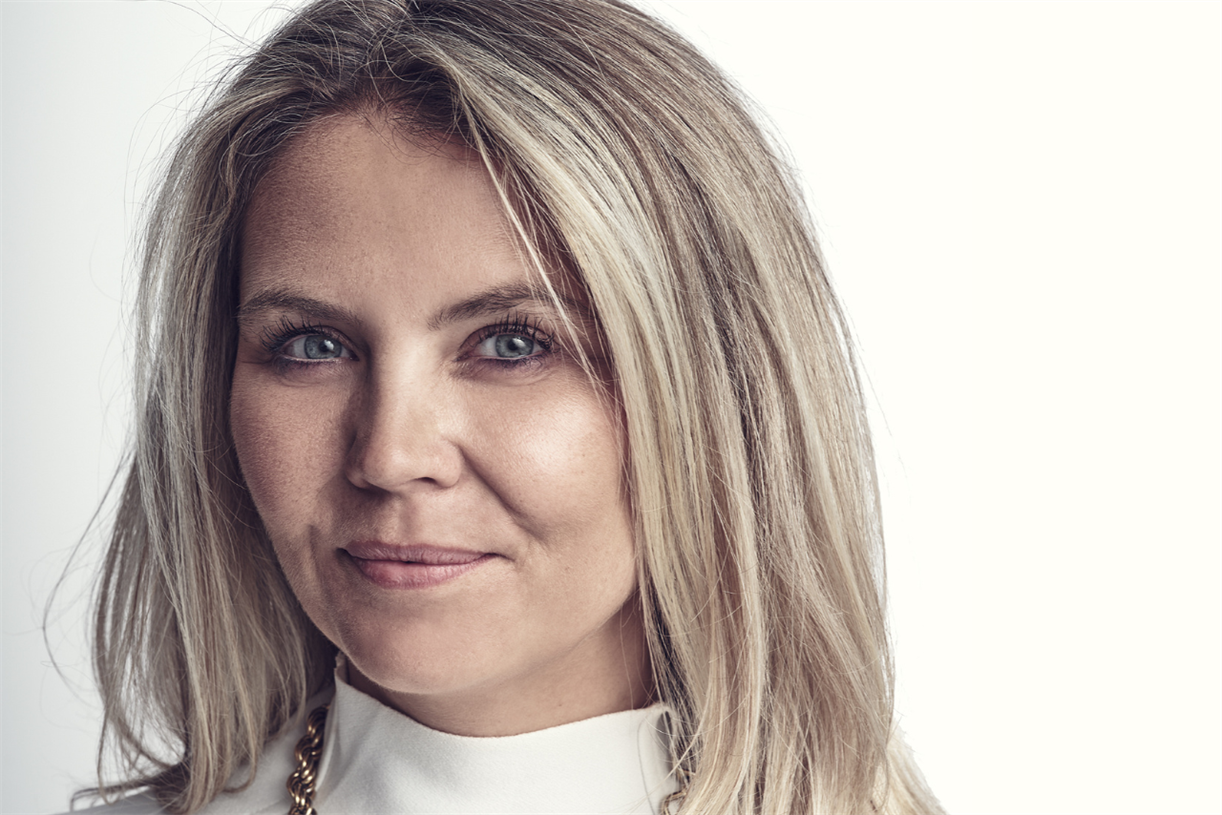



![We Figured Out How AI Overviews Work [& Built A Tool To Prove It] via @sejournal, @mktbrew](https://www.searchenginejournal.com/wp-content/uploads/2025/04/featured-427.png)


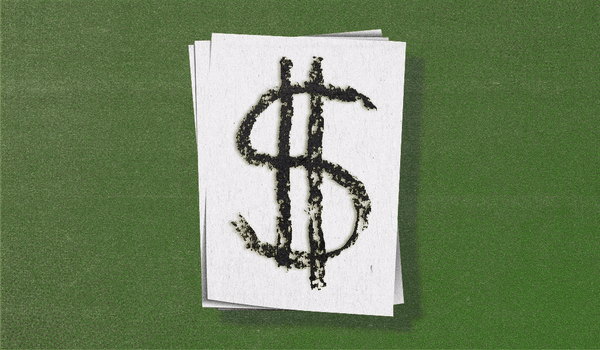




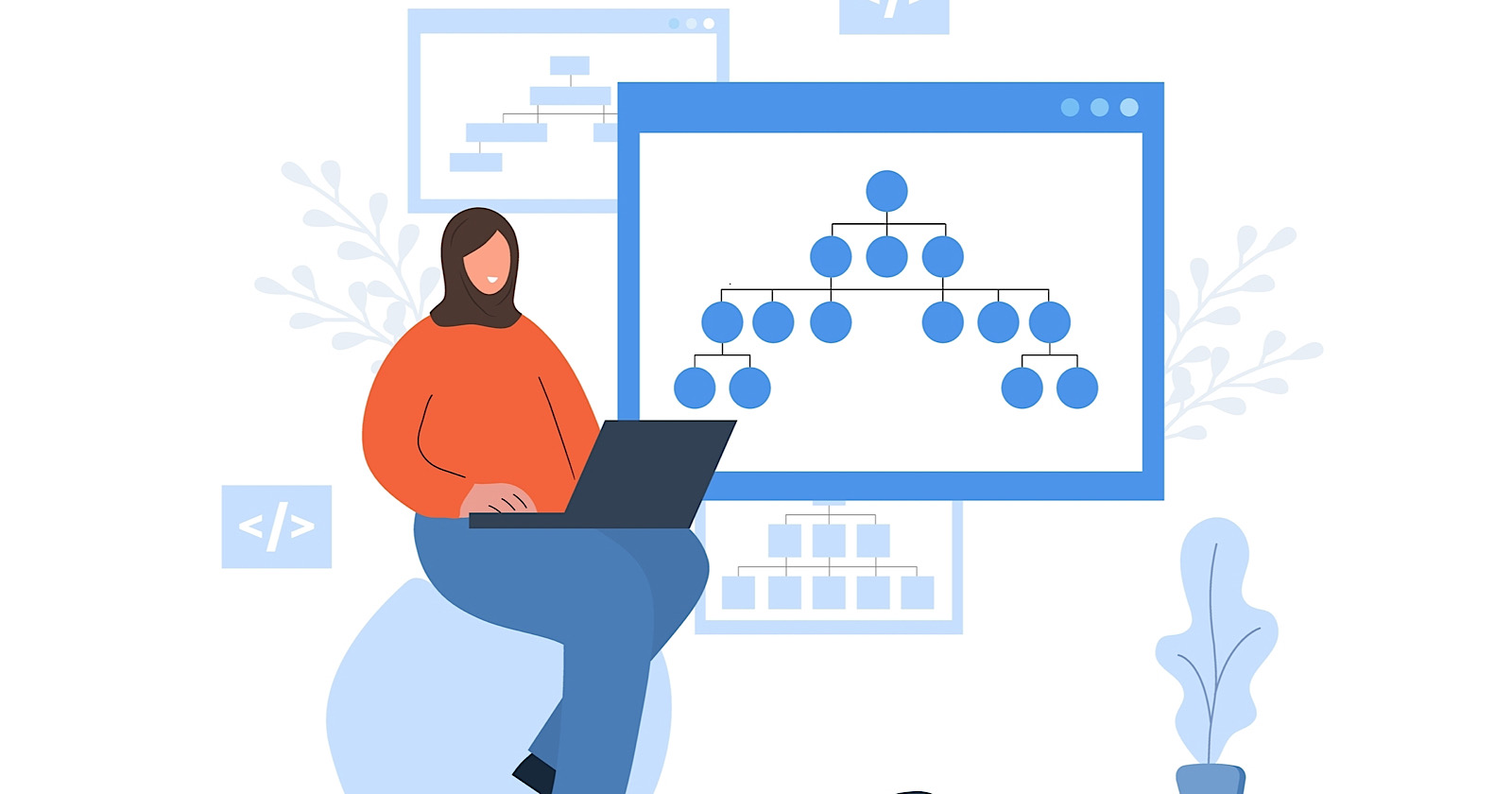
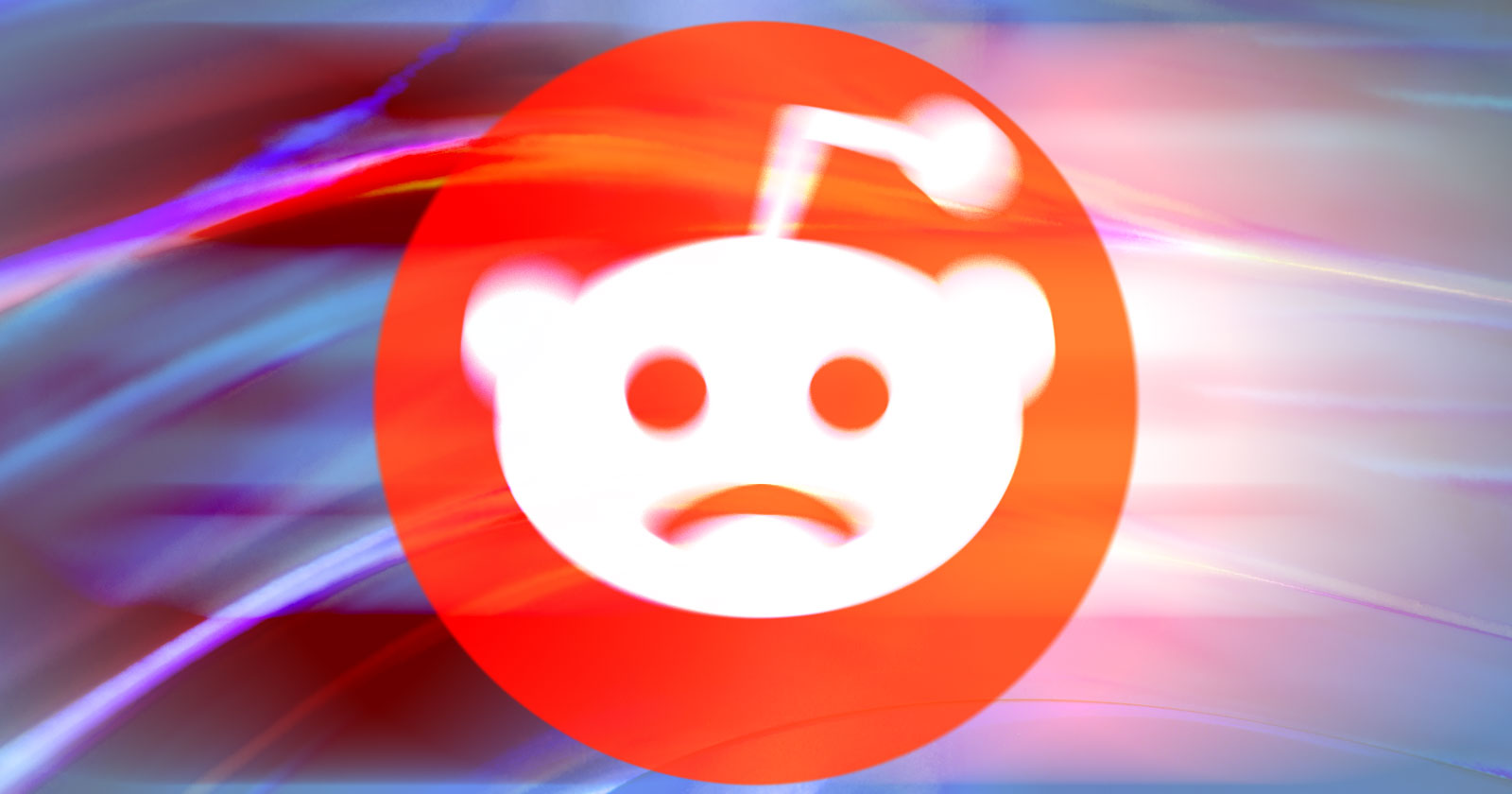




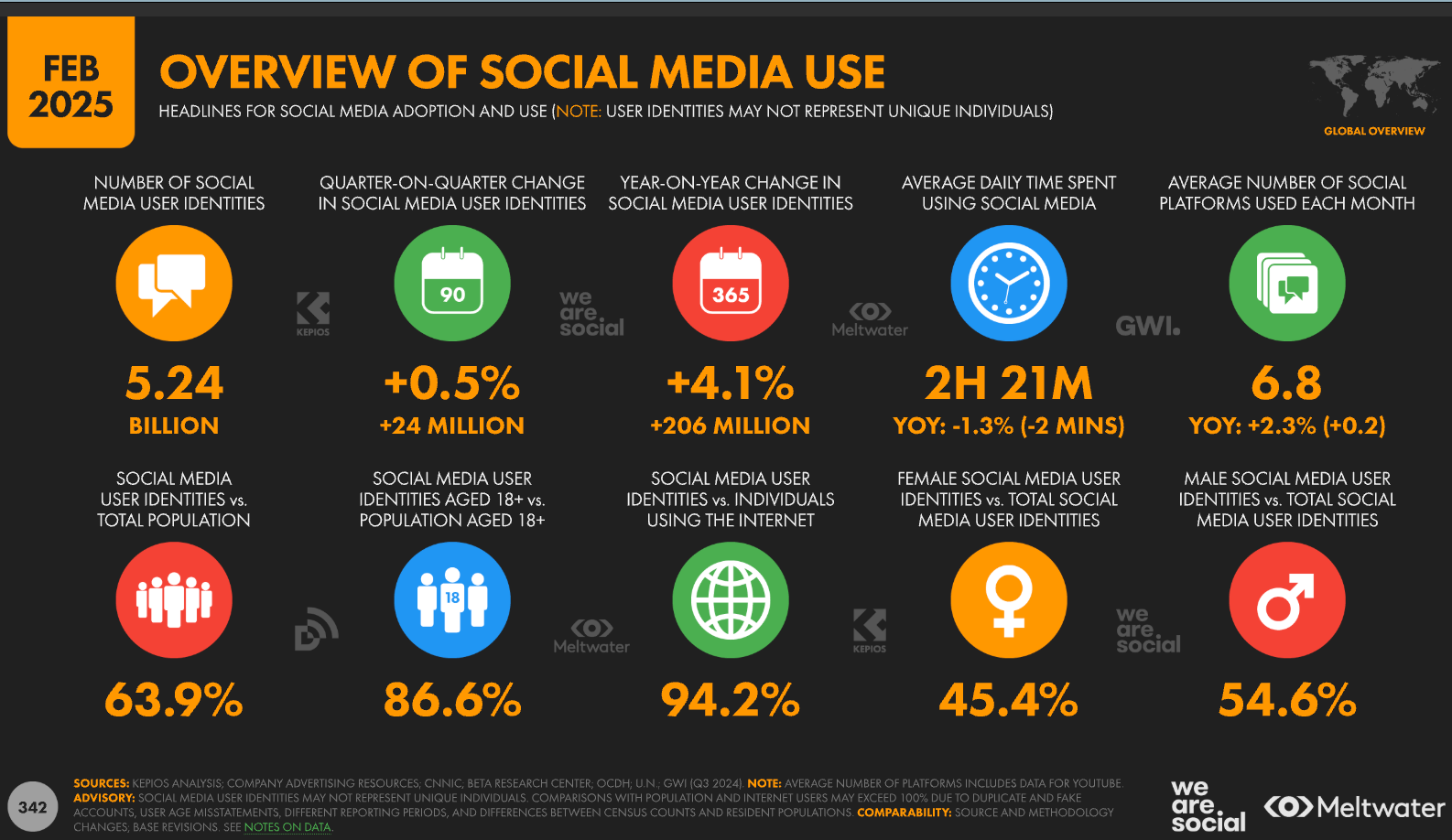
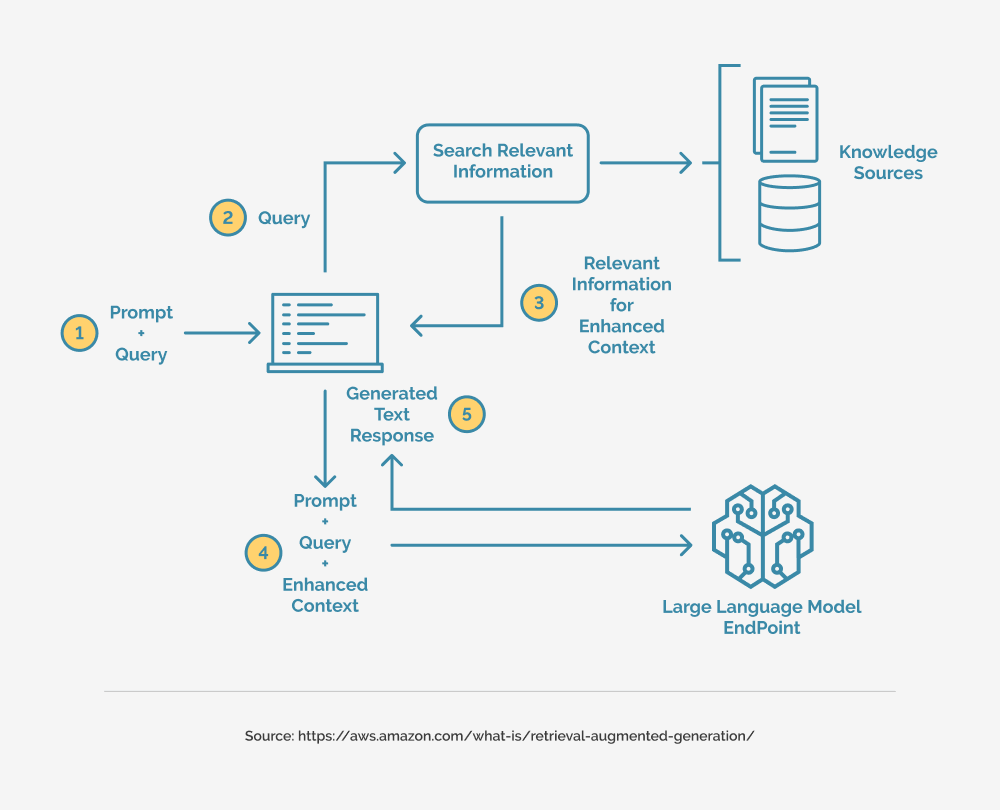
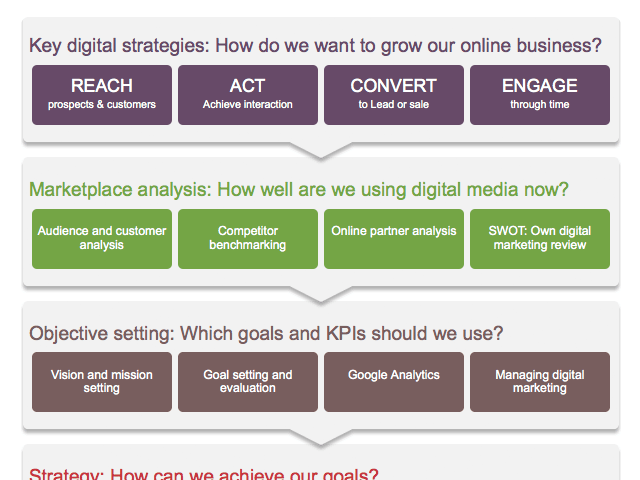

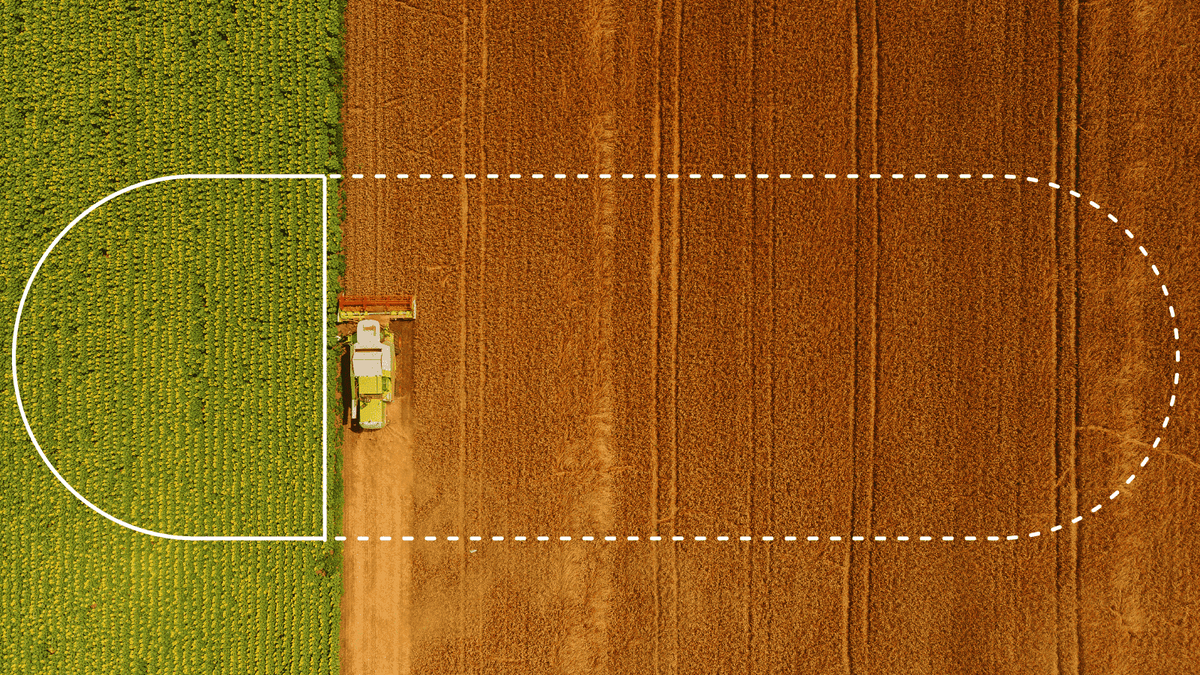










![The 11 Best Landing Page Builder Software Tools [2025]](https://www.growthmarketingpro.com/wp-content/uploads/2024/04/best-landing-page-software-hero-image-1024x618.png?#)

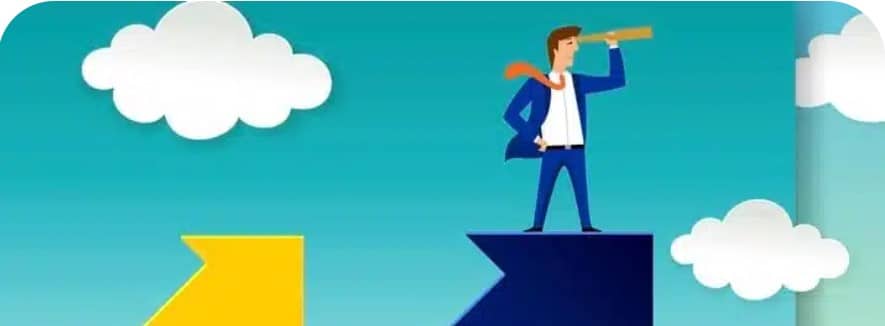








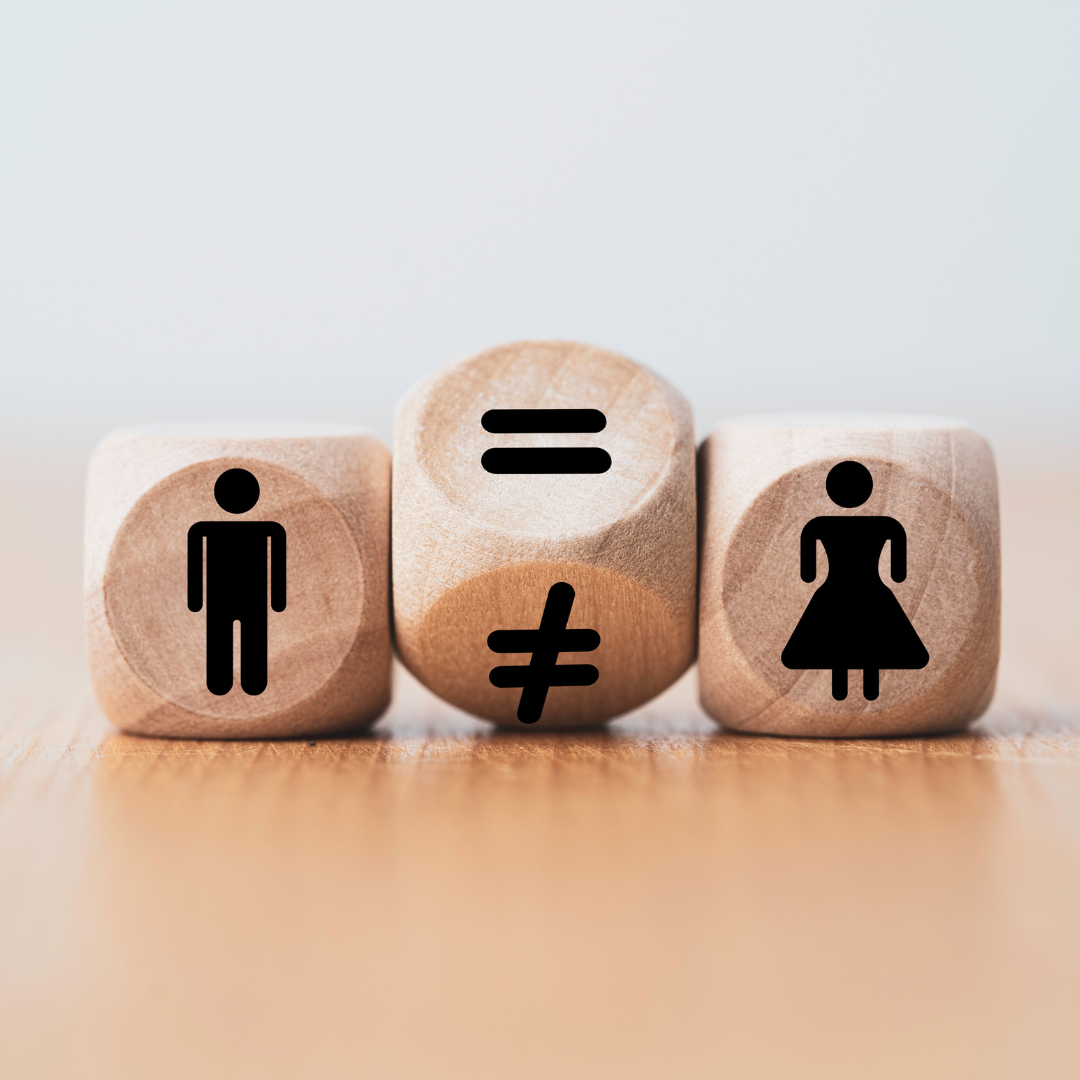




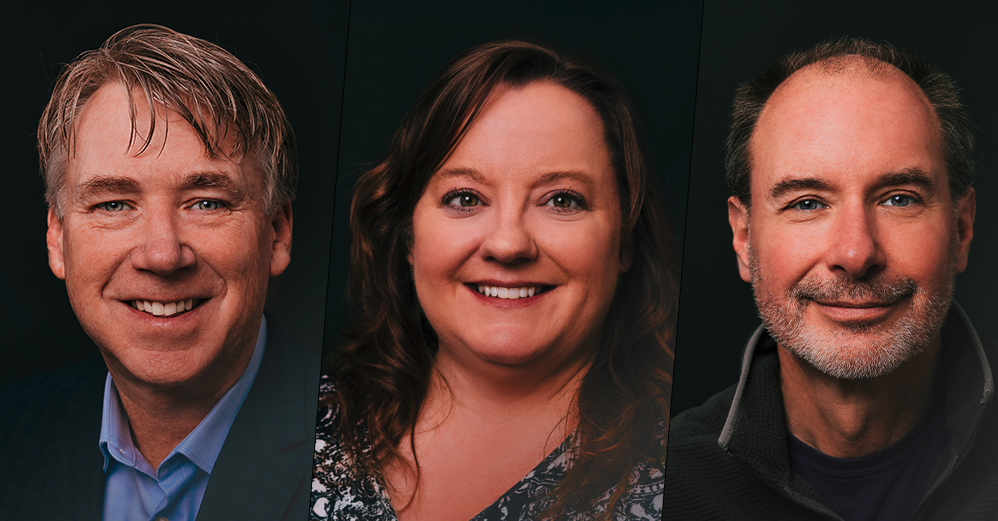
















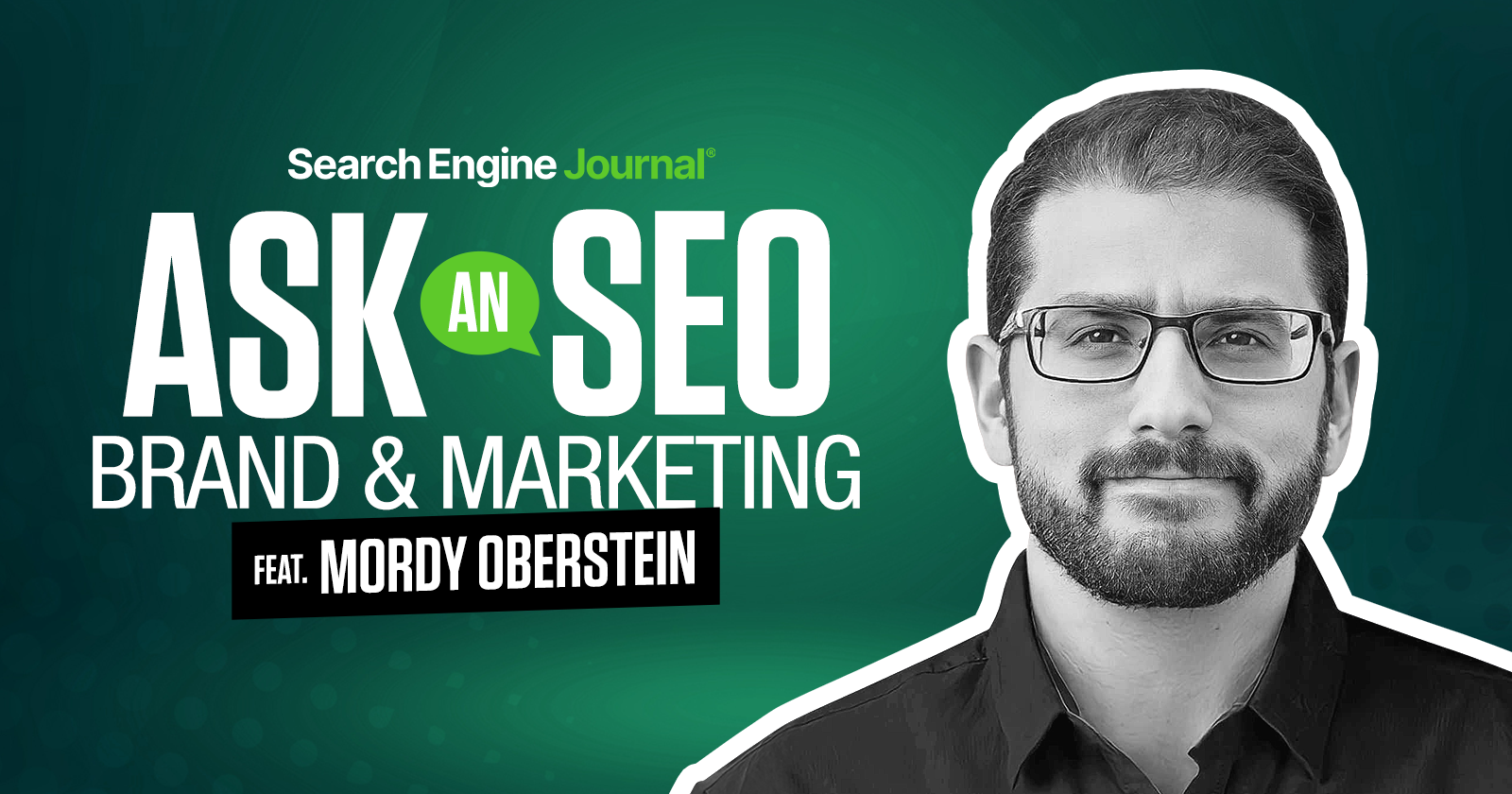
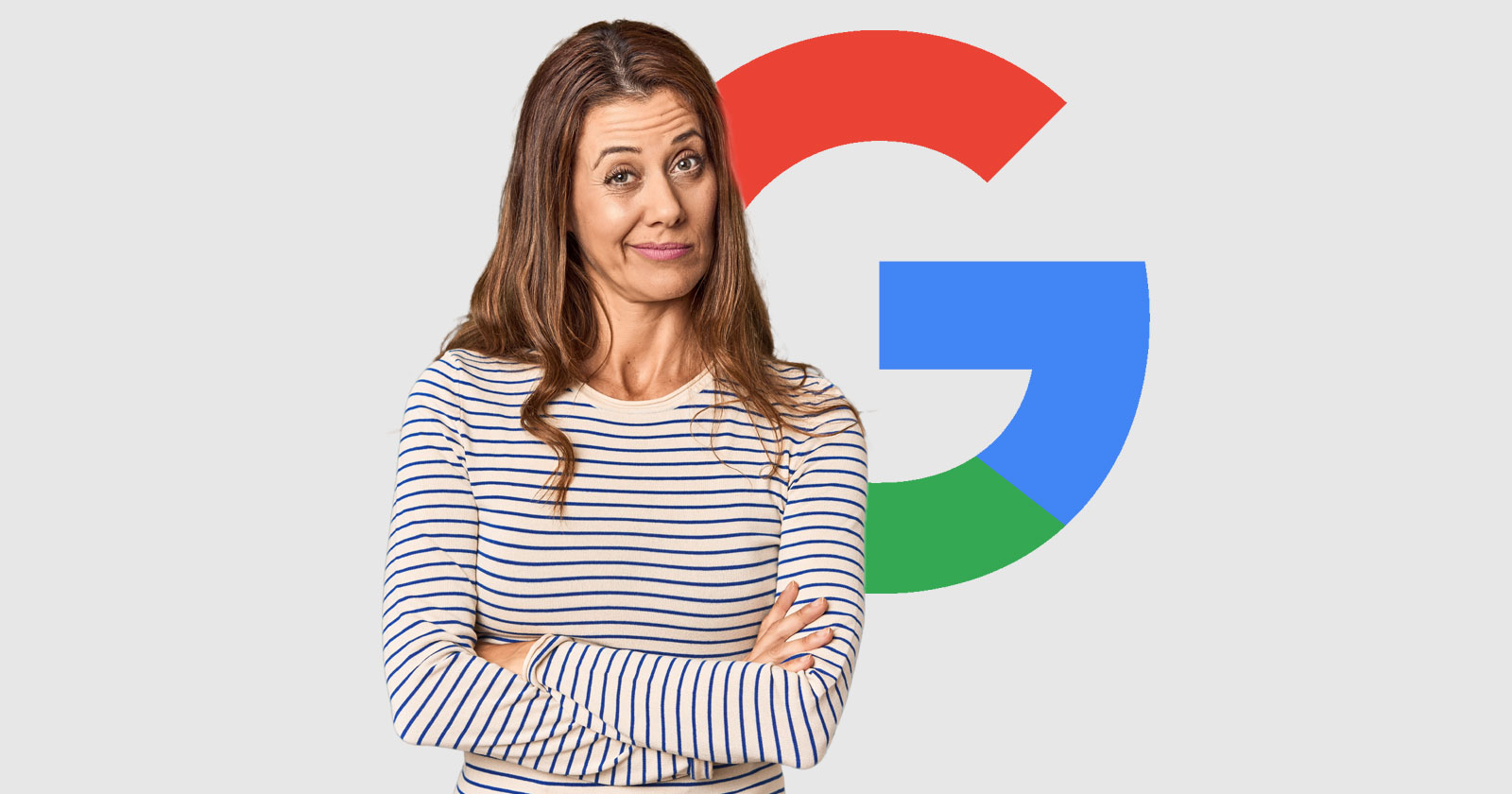
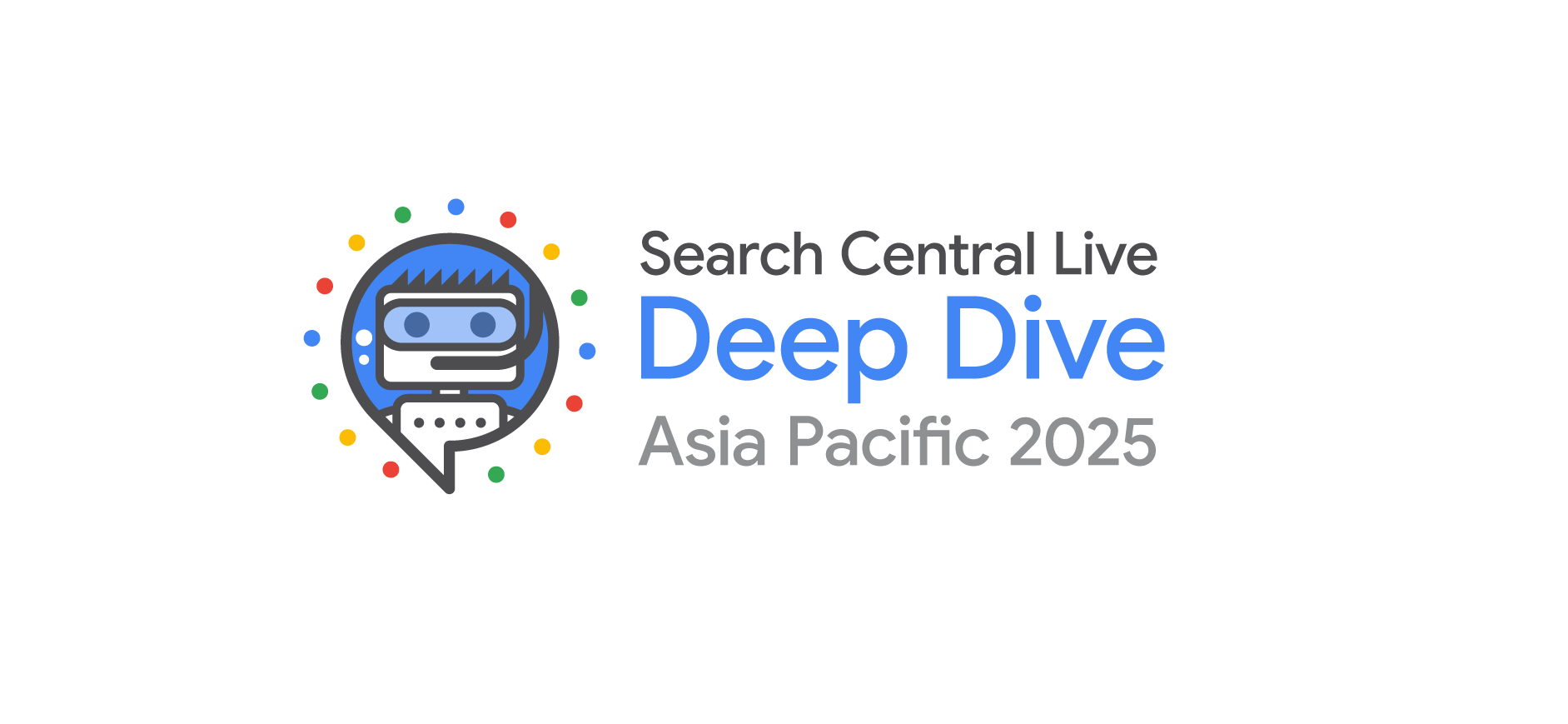










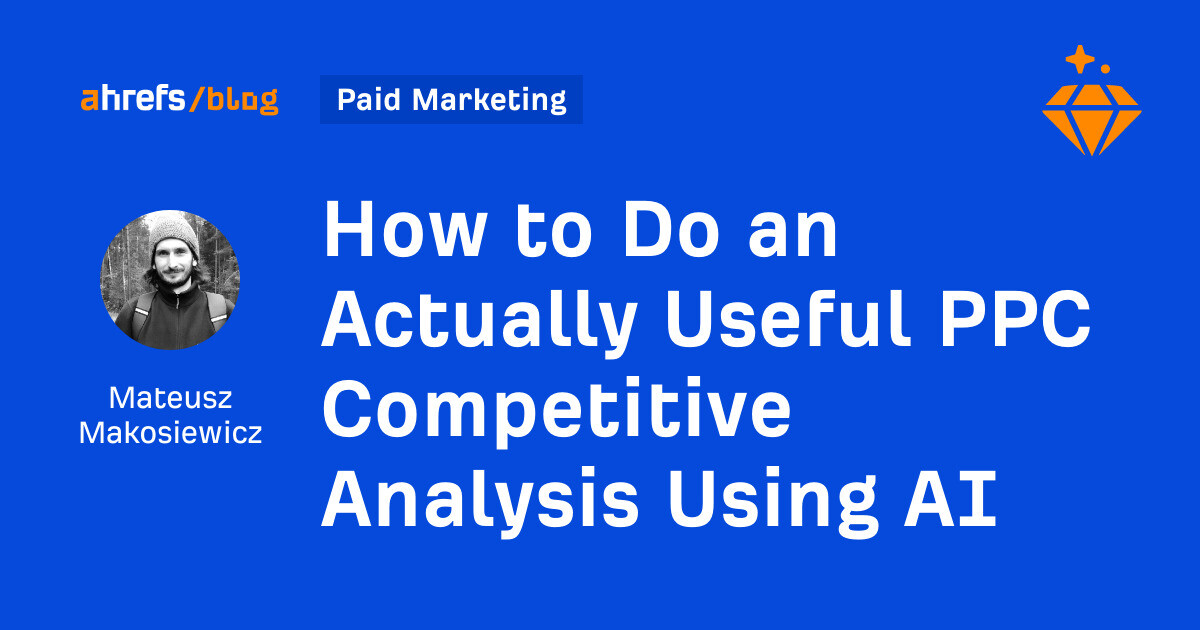
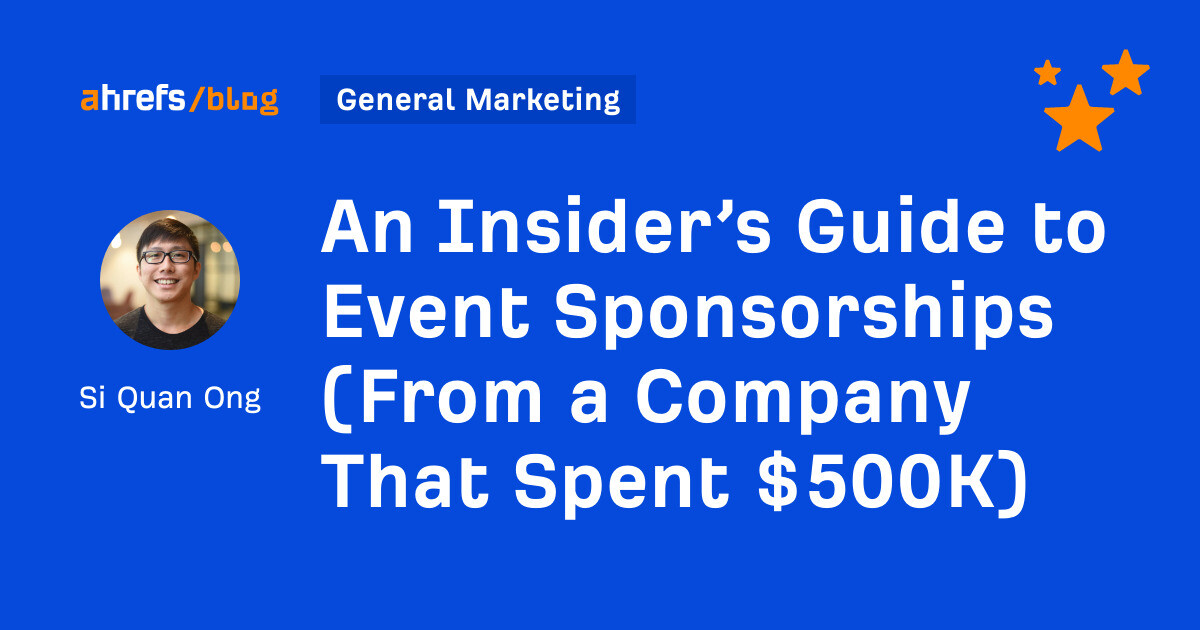
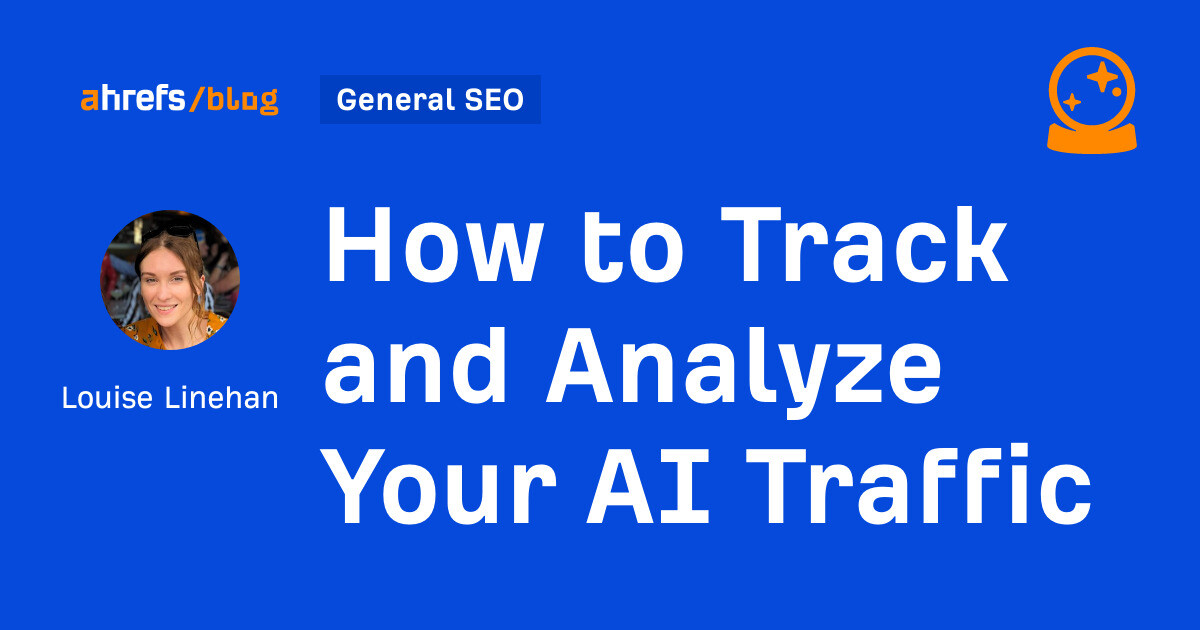
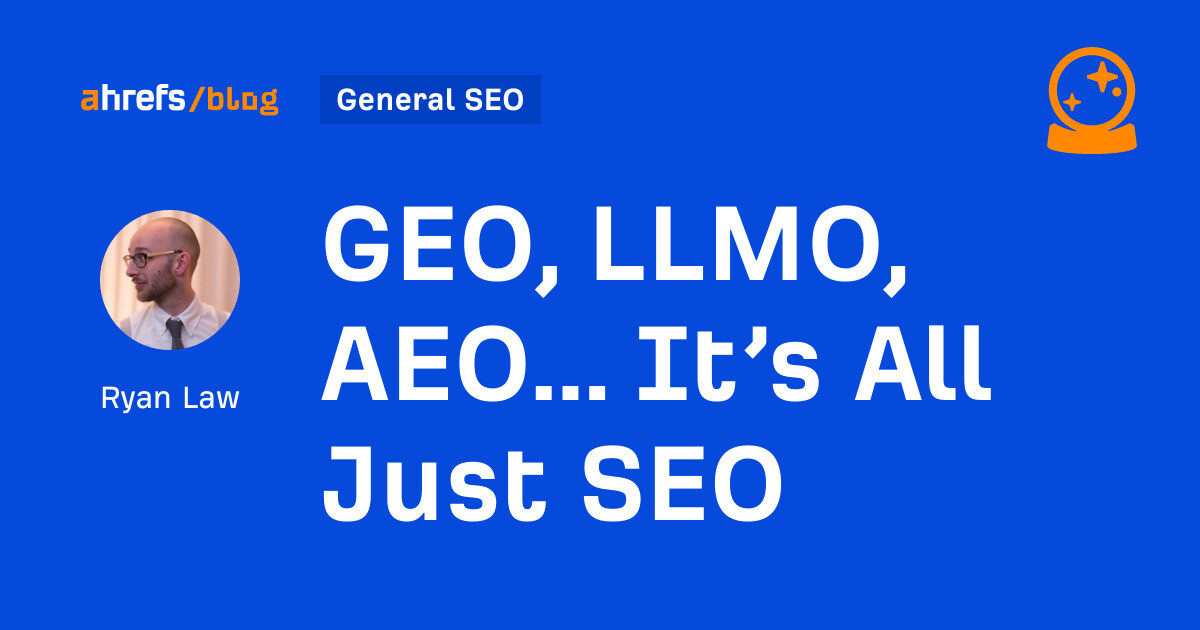
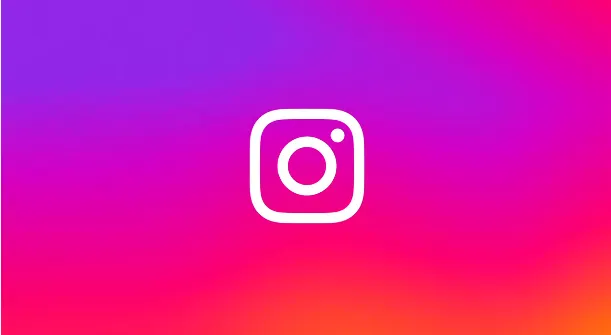
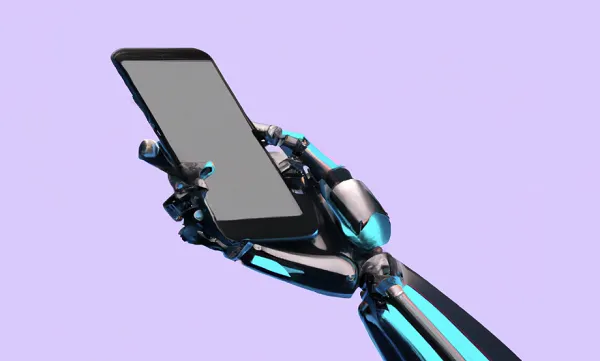

![How AI will impact advertising, according to top marketing executives [new data]](https://www.hubspot.com/hubfs/AI%20Advertising.jpg)


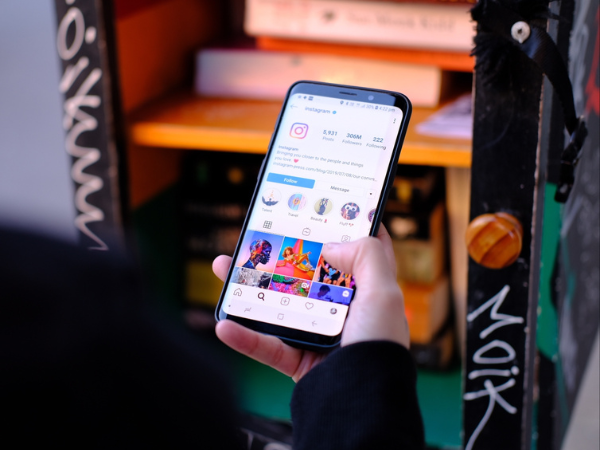









![Social media marketing campaigns: What I’d do to stand out on every platform [new data]](https://knowledge.hubspot.com/hubfs/social-media-marketing-campaign-1-20250418-2594108.webp)

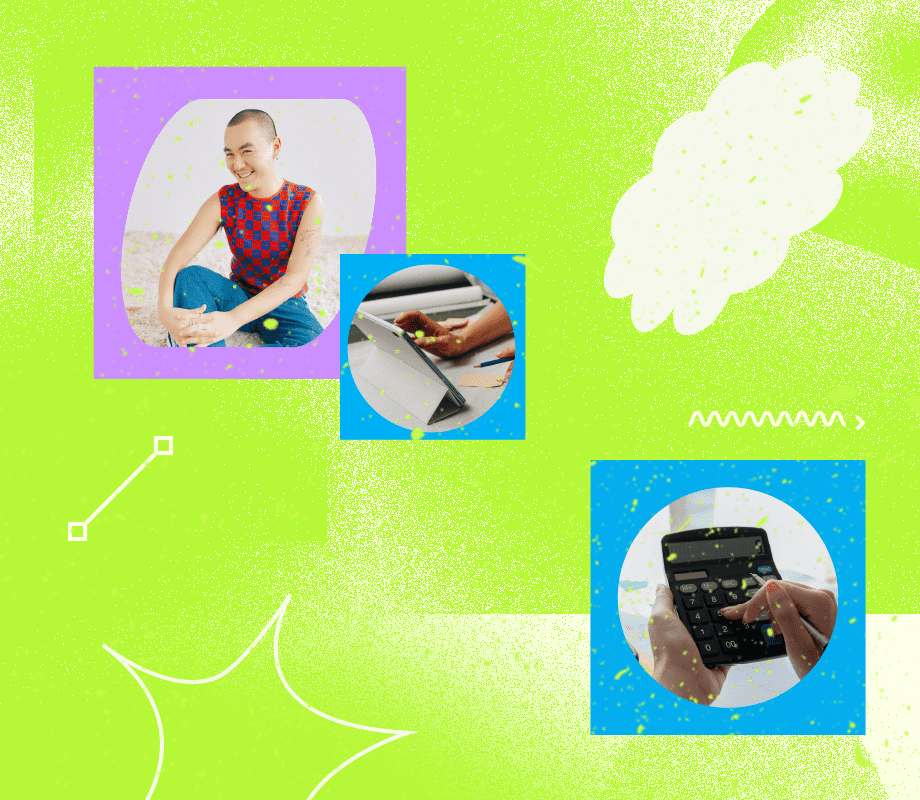











![Experts Don’t Believe AI Tools Will Lead to Mass Job Losses [Infographic]](https://imgproxy.divecdn.com/gcXE1_Da13Oz-JAszjUwb6v5UqMp2MFMjDAIXPbLad0/g:ce/rs:fit:770:435/Z3M6Ly9kaXZlc2l0ZS1zdG9yYWdlL2RpdmVpbWFnZS9haV9qb2JfbG9zc2VzLnBuZw==.webp)
